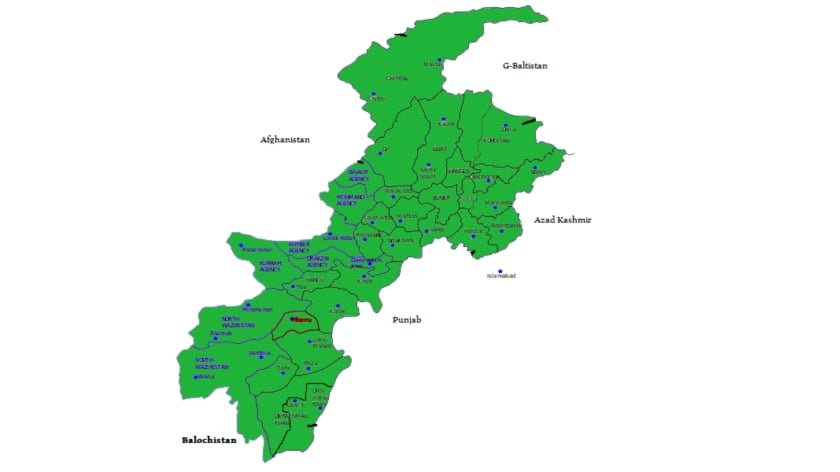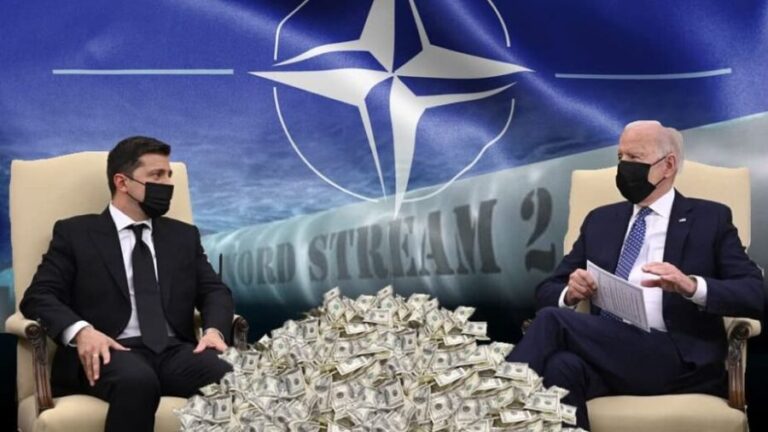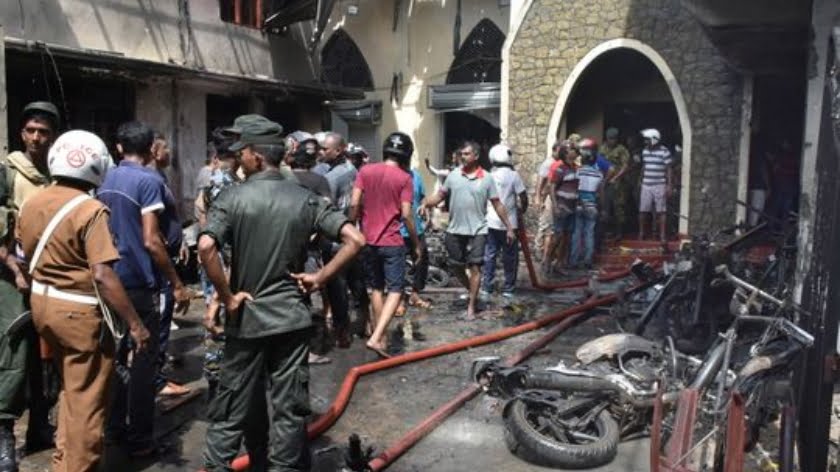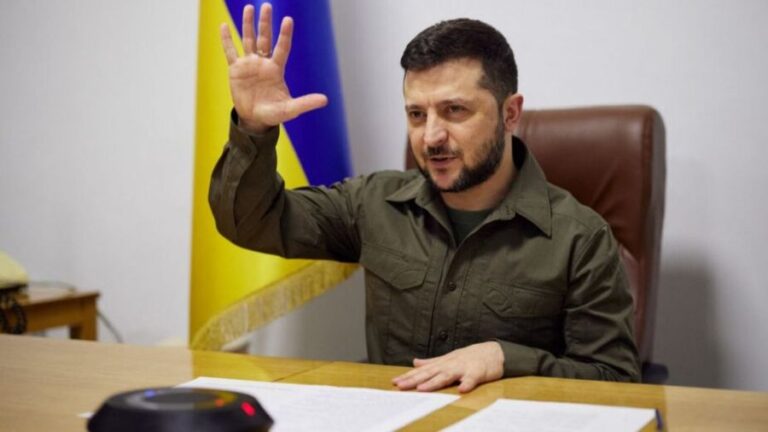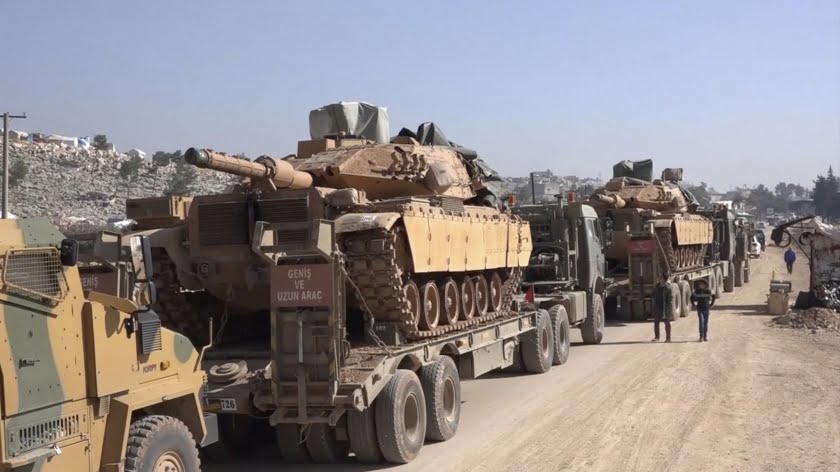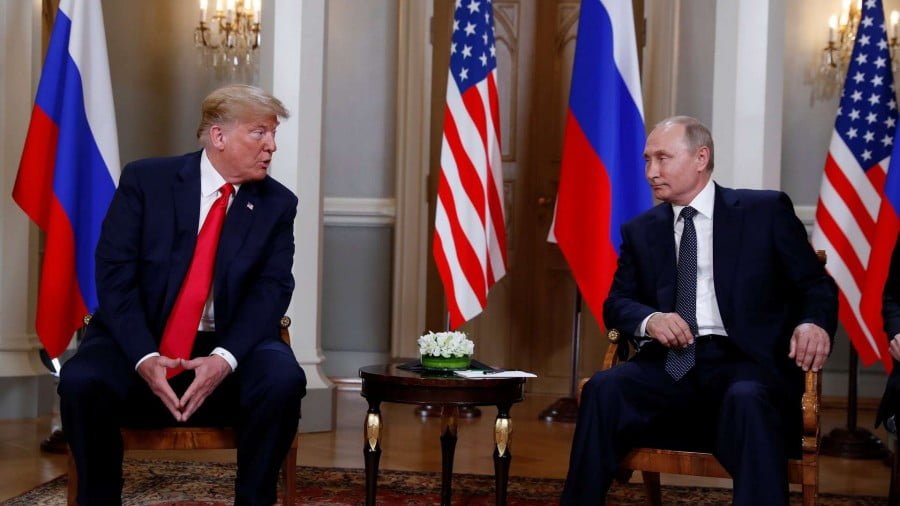Pakistan: Why Did a Fugitive PTM Leader and Voice of America Collaborate After a Recent Attack?
Fugitive PTM leader Mohsin Dawar gave some comments to Voice of America’s Pashto service shortly after inciting members of his group into attacking a security checkpoint, raising all sorts of questions about his intentions in doing so and those of his main international media partners after several people were killed by the clashes that he provoked, making one wonder whether they’re trying to mastermind an incipient Color Revolution in the Afghan frontier region that could then evolve into another Unconventional War there as the next stage of the ongoing Hybrid War on Pakistan.
What’s Going On In Waziristan?
Serious efforts are underway to once again involve a Pashtun component in the HybridWar on Pakistan after members of the Pashtun Tahafuz Movement (“Pashtun Protection Movement”, PTM) clashed with the military while trying to unsuccessfully seize a regional security checkpoint near the Afghan border at the behest of two of its leaders, Mohsin Dawar and Ali Wazir, both of whom are parliamentarians from Waziristan. The authorities say that some of the group’s supporters opened fire on them after the so-called “protesters” realized that the state wasn’t going to release some recently detained terrorist suspects from the region in response to their increasingly violent agitations on Sunday, which in turn prompted the military to react accordingly and eliminate several of the hostile forces in self-defense. Wazir was detained shortly thereafter, but Dawar fled and therefore became a fugitive, though what he did next is raising all sorts of questions about his long-term strategic intentions.
A Shocking Collaboration
It’s already bad enough that a sitting member of parliament is basically behaving as a regional warlord and abusing a civil-society movement in pursuit of military-political aims, which the authorities previously said are bankrolled by the Indian and Afghan intelligence services, but then Voice of America’s (VOA) publicly funded Pashto radio service “Deewa” got involved in order to propagate his side of the story. It’s unclear at this point which of the two was the first to make contact with the other, but the outcome is that a fugitive PTM leader and the official international informational branch of the American state cooperated with one another right after the group’s deadly attack on the security checkpoint. Even more shocking is the fact that this must have happened almost immediately after the incident took place since VOA’s report alleges that “a complete suspension of internet and telephone services” was imposed roughly an hour later, which strongly suggests that the fleeing PTM leader and his international media partners prioritized getting his statement out to the rest of the world as soon as possible before that predictable shutdown occurred.
Suspicious Scenarios
There are three plausible scenarios for how this happened: the PTM tipped VOA off in advance about the attack and the two agreed to enter into contact right afterwards; VOA somehow found out about this incident right after it occurred and reached out to Dawar (whether directly if they already had his contact information or through a trusted intermediary who either passed it along or had him call them back); or Dawar already had in mind that he’d contact VOA after the attack while fleeing in order to have his reliable allies amplify his message before the expected phone and internet shutdown occurred. Regardless of which of these three scenarios actually transpired, it’s nevertheless a serious cause for concern that a fugitive parliamentarian would cooperate with a publicly funded foreign media service right after inciting a terrorist attack on a security checkpoint.
Provoking An Ethno-Regional Color Revolution
Their intention is likely to mastermind an incipient Color Revolution in the Afghan frontier region that could then evolve into another Unconventional War there as the next step in the Hybrid War on Pakistan. All the while, however, influential forces insist that nothing of the sort is happening and that all warnings about it are nothing more than a “conspiracy theory”, something that the author extensively analyzed earlier this month in his piece about “The Hybrid War On Hybrid War In Pakistan“, which pointed out that the PTM could become a valuable part of Pakistan’s developing democracy but only if its innocent rank-and-file members disown their treasonous leaders and refuse to participate in any destabilizing activities. Regrettably, some of them were willing cohorts in Sunday’s terrorist attack on the security checkpoint, which in hindsight — and when paired with Dawar’s collaboration with VOA immediately afterwards — was probably predicated on provoking a disproportionate state reaction against the organization as a whole that could then be deliberately misportrayed as an “attack on all Pashtuns” in order to incite further unrest per the aforementioned Hybrid War sequence.
Concluding Thoughts
The situation is certainly escalating because radical members of the PTM have proven that they’re ready to behave as the TTP’s (“Pakistani Taliban’s”) public-political face and resort to acts of terrorism to advance their agenda, which is extremely dangerous given the recent history of the conflict-plagued border region and the very high risk of repeating the prior decade’s proto-Syrian scenario of transnational terrorism in the event that this scheme is successful. In light of this, the latest analysis by retired brigadier and former vice president and founder of the Islamabad Policy Research Institute (IPRI) Shaukat Qadir should give decision makers a sense of direction during these trying times: “If a Hybrid War has not been preempted and has been initiated by the enemy, it must be stopped by non-military means. If it has neither been preempted nor prevented and force is required, the enemy has already won the first half of the war. And, the longer a hybrid war continues, and the greater the reliance on the use of force, the more the likelihood of defeat to the military. A Hybrid War must be fought and won by non-military options; or be lost.”
By Andrew Korybko
Source: Eurasia Future

